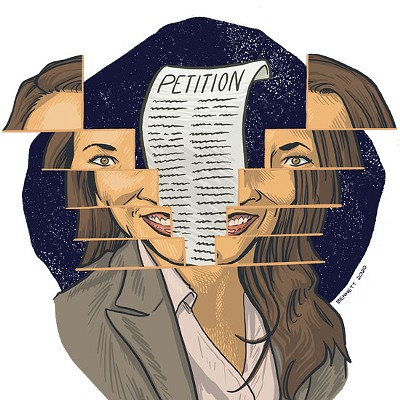
Considered one of the nation’s most provocative voices for a non-literal Christianity, John Shelby Spong will speak Friday at an event hosted by the United Church of Norman. The lecture, titled “Why Christianity Must Change or Die,” is based on Spong’s contention that many Christians practice an outdated faith.
“What I try to do in this lecture and the books I write is to help people get past the explanations of antiquity for what is an eternal experience,” said Spong, the former Episcopal bishop of Newark, N.J.
Spong, who retired from the ministry in 2001, was the first Episcopal bishop to ordain an openly gay priest. In recent years he has continued on the speech circuit. His books — which include Liberating the Gospels, Rescuing the Bible from Fundamentalism, and Resurrection: Myth or Reality? — have sold more than 1 million copies.
A self-described former fundamentalist, Spong said he believes part of his mission is to translate the experience of God to 21st century language.
“Many Christians are using the same first-century language and concepts to explain Jesus,” he said. “The world of the first century was much different than ours. People believed diseases were caused by demons and that the Earth was the center of the universe. I try to separate the explanation from the experience.”
Spong likened his task to that of scientists. Moving from Copernicus to Kepler to Galileo to Einstein and finally to Hawking, he talks about the way scientists have learned progressively more about the way the world operates.
“The perception of the way the world worked was very different for each of those men, but they learned more as they studied and experimented,” Spong said. “In the same way, I want to talk about God in terms of today’s perception of reality.”
Spong has been a student of the Bible for more than 60 years. He admits it took him a long time to shed the fundamentalist interpretation he learned as a child. He attributes part of that change to education.
“I have never believed that the Bible needs to be protected, either from critical biblical scholarship or from the insights that come from astrophysics, biology, psychology or any other source,” he said. “You can’t literalize the text and explain it to people who are educated. They aren’t going to hear you.”











